Featured
Why the increasing presence of China might cause friction this 2018
China’s increasing power may cause some friction with other countries including the U.S.
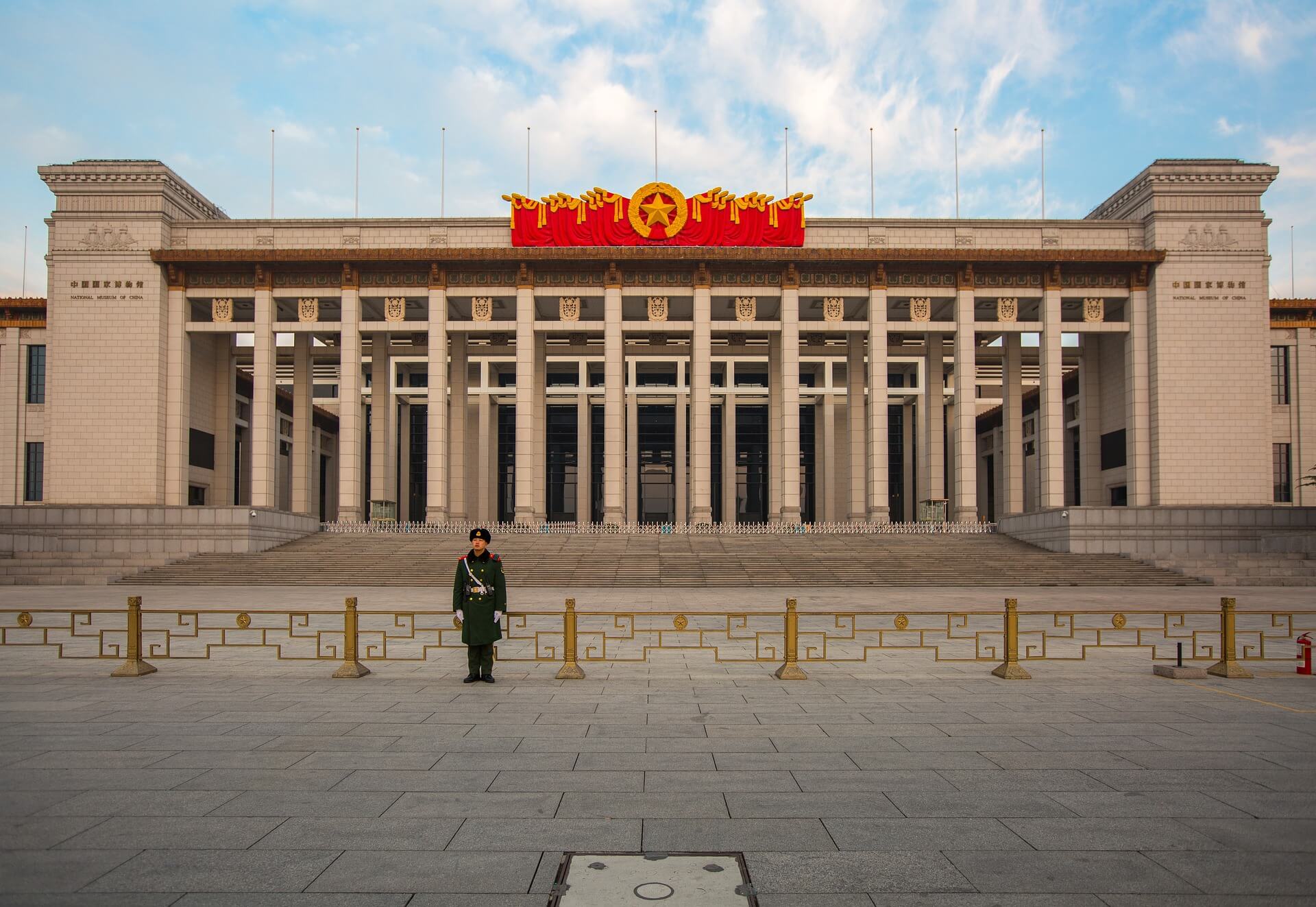
Political risk consultancy firm Eurasia Group has named China’s growing clout as the No. 1 risk in 2018, both in terms of politics and economy. Recent changes in the Chinese environment, along with its trade and investment strategies, have helped China to grow its influence around the world. However, this might not be entirely a good thing.
As United States President Donald Trump shifts the country’s agenda to “America first,” China is taking the opportunity to fill the space the West is leaving. Many other countries now consider China’s political model, led by Xi Jinping, as more favorable compared to the U.S., which involves “non-interference in other countries’ affairs.” It threatens the democratic-capitalist model of other countries, which could lead to more friction in the South China Sea, North Korea, and the U.S.-Chinese trade relations, according to Eurasia’s report, per Bloomberg Quint.
Furthermore, the country that has the largest economy in the world is now setting the international standards for global trade with its One Belt, One Road (OBOR) initiative and rising technological sectors, per Nikkei Asian Review. China’s growing artificial intelligence and supercomputers could create a friction with the U.S. that has been long dominant in information technology.
In a rare occasion, Berlin previously expressed its unease about the increasing presence of China in the eastern and southern Europe. Germany points out the concerns raised over China’s treatment of other countries, such as Singapore, Mongolia, South Korea and Norway, that it urges to adhere to its political agenda.
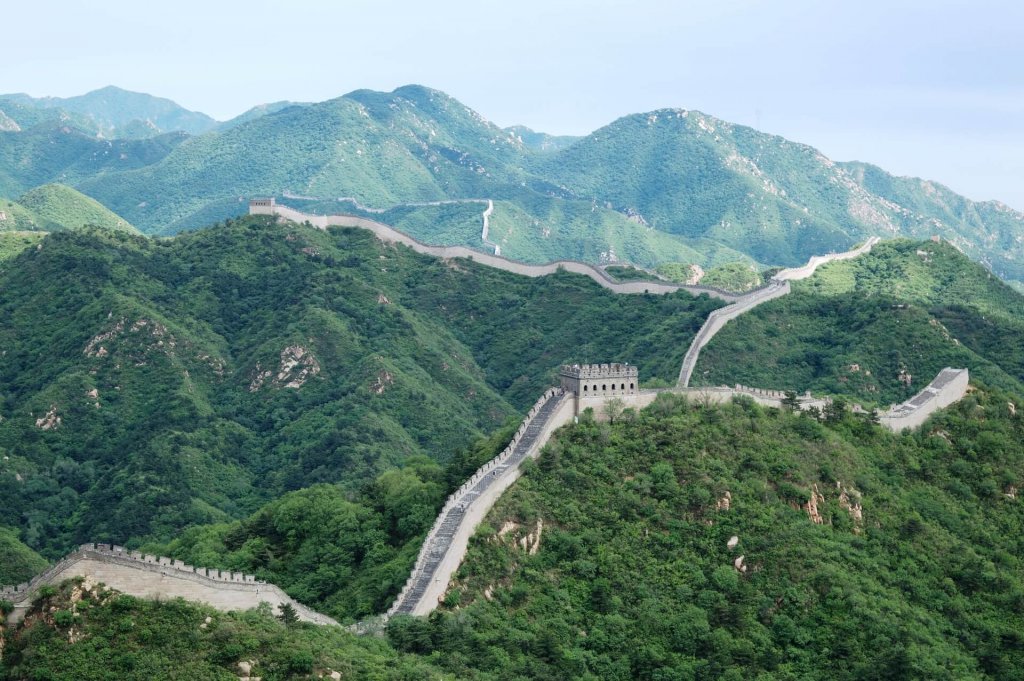
European countries are uneasy with the increasing presence of China in some parts of Europe. (Source)
“In order to succeed, OBOR needs true co-ownership by all participants, everyone should be able to help shape the initiative on the basis of equality,” German ambassador to China Michael Clauss said in an interview with South China Morning Post.
The global presence of China
Xi Jinping makes it look like China is integrating itself into the world under its current setup. In a Communist Party congress last year, he said, “China will not close its door to the world; it will only become more and more open,” promising foreign companies more access to China’s local markets. It also puts itself as a leader in combating global issues such as climate change. However, Xi Jinping is only creating a new economic bloc controlled by Beijing. Instead of helping in establishing one prosperous economy, China’s global ambitions could split the world’s economy into two—one that is dominated by the U.S. and the European Union and one that is centered on China, per Bloomberg.
The rest of the top 10 risks in 2018 that Eurasia Group has identified are room for accidents, global tech cold war, Mexico with the NAFTA renegotiation and upcoming presidential election, U.S.-Iran relations, the erosion of institutions, Protectionism 2.0, United Kingdom with the looming deadline of Brexit, identity politics in southern Asia, and Africa’s security.

-

 Biotech6 days ago
Biotech6 days agoVolatile Outlook for Enlivex Therapeutics as Investors Await Clinical Catalysts
-

 Impact Investing2 weeks ago
Impact Investing2 weeks agoInter IKEA Launches Electric Truck Fleet to Decarbonize Heavy-Duty Logistics in Italy
-

 Markets2 days ago
Markets2 days agoWeather-Driven Supply Outlook Lifts Coffee Markets in Brazil and Vietnam
-

 Markets1 week ago
Markets1 week agoCotton Market Weakens Amid Demand Concerns and Bearish Trends
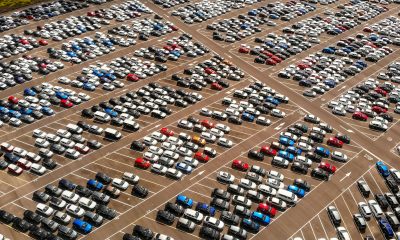





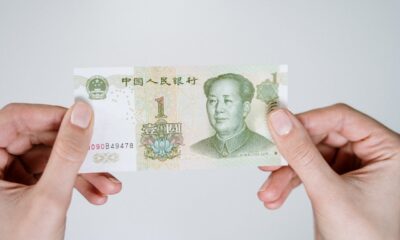

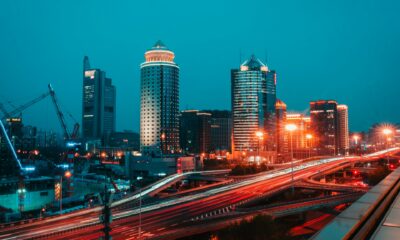

















You must be logged in to post a comment Login